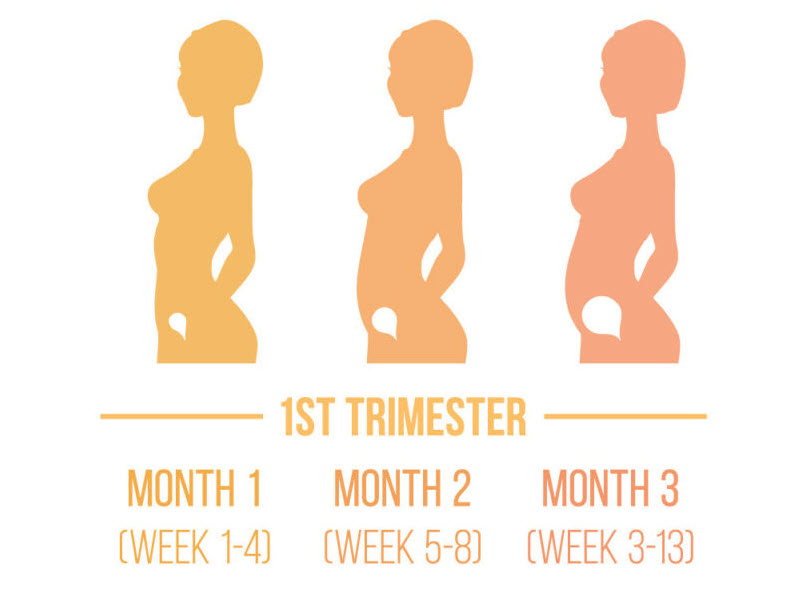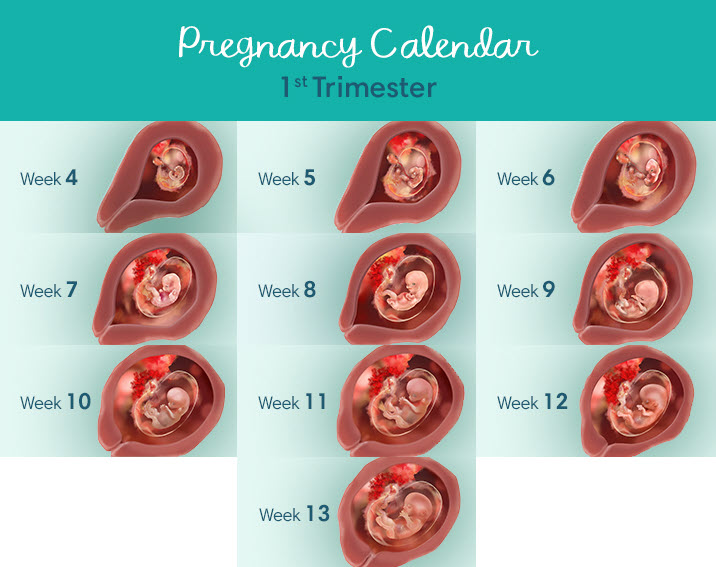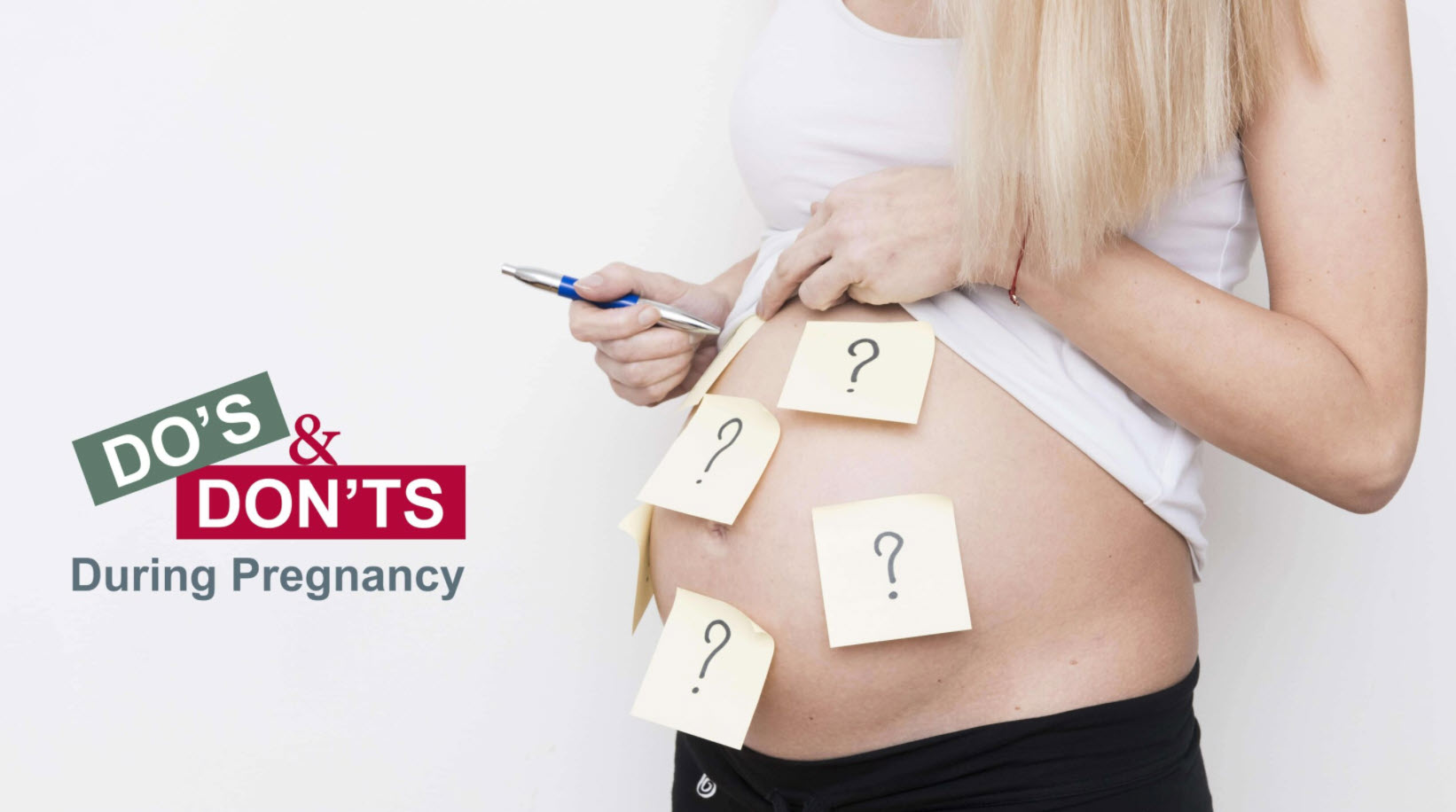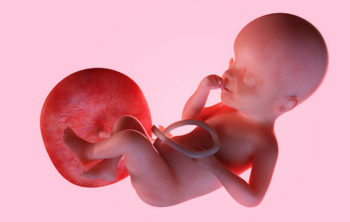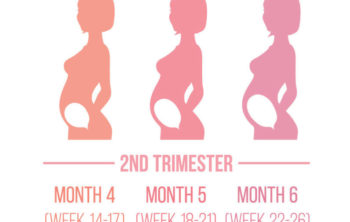Contents
First Trimester Of Pregnancy: What to Expect, Do’s and Don’ts
It is important to be healthy during your first trimester of pregnancy. This is the time when your baby starts to form and grow. There are some things that you can do to make sure that you stay healthy during this time. You should also avoid smoking, drinking alcohol, and caffeine. If you have any questions or concerns, be sure to talk to your doctor. Stay healthy during your first trimester and enjoy this exciting time!
Human fetus stays in mother’s womb for 9 months. For better clinical knowledge these 9 months are divided in the group of three months which is called trimesters. Thus the whole pregnancy is divided in three trimesters which have been named as first trimester, second trimester and third trimester. The first three months of pregnancy is called the first trimester. From 4th– 6th month, there is the second trimester and from 7th month to till the time of delivery, the period is known as the third trimester.
Each trimester of pregnancy has specific features and clinical symptoms of healthy or unhealthy fetus and mother. For the clinical purpose, pregnancy trimesters are counted in weeks rather than months. 9 months of pregnancy is counted in weeks as 40 weeks pregnancy. The 1st trimester means first 12 weeks of pregnancy, the second trimester is 13th-28th weeks of pregnancy, Last and third trimester is 29th-40th week of pregnancy.
First trimester symptoms:
-
Amenorrhea:
Absence of menstrual bleeding in a healthy lady, where there is previous normal cyclic bleeding, is the first symptom of pregnancy unless proved otherwise. A pregnant lady can also have spotting bleeding or bloody discharge from vagina due to implantation. This implantation bleeding confuses with normal menstruation bleeding.
-
Nausea and vomiting:
Nausea and vomiting are assumed to be first symptoms of pregnancy. Although it is not 100% correct because these two can happen due to other health issues. About 50% of females suffer from nausea and vomiting in first trimester of pregnancy. Symptoms are more common in morning. That’s why it is also called morning sickness. Morning sickness is more common in the 1st trimester of pregnancy.
-
Increased frequency of urination:
The frequency of urination increases from 6 to 12 weeks. It is due to the pressure of expanding uterus on urinary bladder and due to changes in mother’s hormones level.
-
Breast discomfort:
Feeling of heaviness in breast and occasional pricking pain is common.
-
Cramps:
Cramps in the first trimester of pregnancy are due to spontaneous contraction of the uterus. These contractions are spontaneous, irregular and mild. Usually female can feel it as some kind of discomfort in the lower abdomen area.
-
Shortness of breath:
Shortness of breath in the 1st trimester is due to increased progesterone level. Organs of the body take some time to adjust with the increased level of hormones of the body. Shortness of breath of the 1st trimester usually disappears within 10th weeks and again appears in the last trimester.
What to expect in the first trimester:
First trimester causes invisible but effective changes in the body and mental status too. Knowing what may happen in first trimester of pregnancy will ease the anxiety and prepare you to tackle these problems more effectively. Here we are also providing you home remedies to cope up with these problems naturally.
-
Breast discomfort:
Increased female hormones cause tender and heaviness in the breast but you should not be worried about this as your body is preparing your breasts for baby feeding. Massage with sesame oil and hot water will improve blood circulation and also reduce tenderness.
-
Nausea or morning sickness:
Morning sickness is usually mild and gradually disappears. Place a jar of toast near your bed and have one bite of toast empty stomach. Toast will dissolve excessive secretion in the stomach and prevent vomiting.
-
Heartburn and chest pain:
Excessive stomach acid secretion causes heartburn and chest pain. Dry toast and lukewarm water on an empty stomach will ease this.
-
Pain and swelling in legs:
Expanding uterus causes mild obstruction in venous drainage from legs, which causes pain and swelling in legs. Massage with oil and hot water will improve blood circulation and effectively reduce pain and swelling. Placing a cushion under feet while sleeping or just ascend the little height of bed of leg region will produce positive gravity effect and reduce swelling.
-
Anorexia:
With unknown Pathophysiology, it is universal phenomena of pregnancy. During pregnancy, women are more sensitive to certain odor. Smell of food causes the feeling of nausea or excessive desire of it.
-
Weight gain:
Weight gain is necessary and essential phenomena of pregnancy. In first 5-8 weeks, there may be weight loss due to nausea and anorexia. But after that gradually, there should be weight gain. In the 1st trimester, there should be around 2-3 kg weight gain.
-
Emotional changes:
Pregnancy makes you more sensitive towards everything; you may feel sudden depression, anxiety or sudden happiness. Make yourself prepare for it. Also, it is the duty of husband and other family members to understand that these mood swings are because of ongoing hormonal and physiological changes in her body. So try to cooperate with woman.
First-trimester diet:
-
Calories:
Your daily requirement of calories in 1st trimester of pregnancy is 2500 kilocalories which are around 400 kilocalories more than non-pregnant women.
-
Protein:
The requirement of protein is 50-60 gm per day.
-
Minerals:
Diet of pregnant women should have all the minerals, especially zinc, iron and, calcium. A required amount of iron and calcium is not possible to get from the diet only so World Health Organization (WHO) have recommended the supplement of iron and calcium from the second trimester. Please do remember supplement of iron and calcium should not be taken in the 1st trimester.
-
Vitamins:
All the vitamins are essential for healthy pregnancy. So you should take a diet which is rich in vitamins. Fruits and salad are rich sources of all vitamins and minerals. Make sure to add 2-3 fruits in your diet. In all the Vitamins, Folic acid has very crucial role for a healthy fetus. It is advisable to start folic acid supplement before 3 months of conception and continue it till delivery.
What should you eat in first trimester of pregnancy?
First-trimester diet has specific term “rainbow” diet means, as the rainbow has all the colors, a pregnant lady should eat everything with different colors in sufficient manner.
First-trimester diet should be light, easily digestible and full of nutrient. It should contain good amount of protein, carbohydrate, amino acid, minerals, and vitamins. A pregnant woman should take at least half liter milk, 2 fruits, fresh vegetables, beans and dry fruits. Diet should always be in divided dose.
First-trimester exercise:
A very big no to almost all types of exercises during first trimester of pregnancy, except if it is advised by your doctor for specific health issues. First trimester of pregnancy is for the rest only. Minor and gentle walking and meditation is good and enough.
Major problems of the first trimester of pregnancy:
-
Nausea and vomiting:
Minor sickness does not require treatment but continuous and severe vomiting needs urgent medical care as it could be a sign of other health problem.
-
First trimester cramps:
Severe and continuous cramps in the 1st trimester could be a sign of ectopic pregnancy or blighted ovum.
-
First trimester bleeding:
Bleeding during the first trimester of pregnancy is a sign of early miscarriage.
-
Obesity:
There is a myth that during pregnancy you should eat for two but in reality, it is not required. Although you are pregnant but still till the time of delivery you are one body. You don’t need to be obsessed to full fill requirements of your baby. Pregnancy-induced obesity causes obesity in babies in the later age of their life.
-
Pregnancy-induced hypertension:
Increased blood pressure due to fetus is known as pregnancy-induced hypertension. This is a very serious condition as it can cause preterm delivery, stillbirth and seizure to mother.
Do’s and Don’ts in the first trimester of pregnancy:
1. DO focus on folate
While it is never too late to start taking folic acid, now would be the time. This vitamin can help prevent certain Serious Medical Congenital Anomalies that are known for having a lack of this essential nutrient in their diets.
Folic acid is a mineral that’s necessary for healthy pregnancy. The recommended dose in the first trimester of pregnancy has been 600 micrograms per day, but every woman aged 15 to 45 should take 400mcg daily – not just those who are pregnant.
When pregnant, it is important to take the recommended prenatal vitamins. These nutritious supplements are designed for expectant mothers and provide them with essential nutrients so that their babies can grow well into adulthood.
2. DO take your prenatal vitamins
These vitamins will provide the necessary folate, but they also help cover your baby’s needs for calcium and iron. Additionally these supplements contain DHA (docosahexaenoic acid) and EPA (eicosapentaenoic acid), two types of omega-3 fatty acid that helps with brain development.
3. DO eat the rainbow
When you are meal-planning or find yourself in need of a snack, try eating foods that are colorful: dark green spinach; orange carrots; red apples and yellow bananas. If it’s blueberries for dessert tonight – well then by all means take your time with this nutritious fruit as they will still be there tomorrow morning when hunger pangs start up again .
By offering your baby a wide range of colors and flavors, you are exposing them to the most nutrients. Your infant eats what is in mommy’s diet through her amniotic fluid so she will get all these good things too.
4. DO sleep
You are going through incredible changes and your body is developing a new life-giving system for you baby. As it grows, so will the placenta which may make some days feel exhausting; plus throughout this process there’ll be hormonal fluctuations in addition to emotional ones.
Do take naps, if you’re able to get some rest time in your lunch hour. It is important for both mother and baby that we sleep well at night so set bedtimes accordingly – this will help with any morning sickness or fatigue symptoms as well. Do sleep between seven and nine hours each night. Make sure that your sleeping area is comfortable and free from distractions in order for you to get a good night’s sleep.
5. DO exercise
Pregnancy is a great time to get in shape! Keep up your regular exercise routine. The more you move around, the better it will feel for both yourself and baby when they arrive on scene later this year or early next calendar season with their new little family member.
There are many ways to get active during pregnancy without breaking a sweat! Here’s how you can start. A pregnant woman should speak with her OB provider about starting an exercise program, as it will depend on what is best for both herself and baby depending upon the state she is in currently with regards to health issues or physical limitations caused by her advancing level of maturity during this stage.
6. DO get a flu shot
Flu vaccines are essential for pregnant women, and they should get the vaccination as soon possible. The CDC recommends that you avoid any contact with flu viruses if at all possible because of how dangerous it can be to your pregnancy health.
You are more likely to get the flu and complications from it if your immune system is not working properly. The vaccine can reduce this risk, so make sure you get vaccinated.
The flu vaccine is a great way to protect your baby from getting sick too! Mother’s antibodies are passed on during pregnancy and can help prevent the child from catching viruses for up few months after they’re born.
7. DO visit the dentist
Want to know the best way for your teeth and gums during pregnancy? Don’t skip a regular dental visit! The American Congress of Obstetricians and Gynecologists says that cleaning, X-rays are safe. In fact OB/GYNs now advise doing oral health assessments during initial prenatal visits as well as encouraging patients get their mouths checked regularly by professionals who can help prevent or remedy problems before they become serious issues (like tooth decay).
The ACOG reports that 40% of pregnant American women have some degree or periodontal disease, and the physical changes from pregnancy can result in gum disease. A dental visit could identify any potential needs for care during this time which is why it’s important to check-in with your dentist before you get pregnant.
8. DO stay hydrated
Hydration is important for more than just staying healthy. It can prevent preterm labor and headaches, kidney stones or dizziness! But if you’re already battling constipation AND hemorrhoids then congratulations because that means your body needs additional water intake to fight these two conditions as well.
9. DO ask for help
Of course, pregnancy is already a time when you will be asking for lots of personal help from loved ones and friends! When it comes to your physical health though, you should always ask your healthcare provider any questions that you have about the best ways to keep you and your baby healthy during this exciting time in your life.
10. DON’T smoke
Women who smoke during pregnancy are at risk for more than just miscarriage; they may also give birth to babies with developmental issues. The CDC reports that infants born into smoking households have increased chances of being premie in terms like a cleft lip or palate (due because the mouth doesn’t close properly) as well premature births due lower weight gain by breast feeding which can lead onto shorter life spans overall.
What about e-cigarettes? The CDC has issued a warning about the dangers of e-cigarettes, which contain fewer harmful substances than cigarettes but still pose risks during pregnancy. The nicotine alone can cause health problems for pregnant women and developing babies in utero because it damages their brains/lungs early on before they’re ready to breathe on their own or go anywhere without medical supervision–a major difference between traditional smokes.
11. DON’T visit the sauna.
Heat exposure can be very dangerous when pregnant because it can lead to excess blood flow to the uterus. Excessive blood flow can cause problems such as dehydration, which can cause complications during pregnancy. In addition, pregnant women should avoid direct sunlight exposure and overloads of heat from hot tubs or steam rooms.
12. DON’T drink alcohol
The Centers for Disease Control and Prevention (CDC) says that there is no amount of alcohol during pregnancy which would be safe. Digestion occurs at all times, even when you’re not drinking anything.
The effects of drinking alcohol when pregnant can be seen in all stages, from early pregnancy to the days and weeks before a woman knows she is definitely carrying an embryo. The CDC says that intra-uterine exposure to vodka or beer will cause problems such as facial features which are abnormal along with growth disabilities among other things; these include mental disability called FASDs (Fetal Alcohol Spectrum Disorders).
There are many negative impacts to the body when someone has been diagnosed with fibromyalgia. They could experience pain, difficulty sleeping or concentrating due poor coordination skills that result from learning difficulties like ADHD which will lead into more serious mental health conditions such as anxiety disorders later on down the line.
13. DON’T eat raw meat or fish.
Raw foods may contain parasites or bacteria that could cause health problems for a developing fetus.
14. DON’T visit the sauna
The best way to stay cool during pregnancy is by avoiding the sauna and hot tub. There’s a risk of overheating, dehydration or fainting every time you use one these types of baths; your body isn’t able keep heat effectively through sweating which can cause problems for baby since it will not be getting enough oxygen at this stage in development (especially early on). In fact some research suggests that moms-to-be who utilize them might have twice as much odds against miscarriage if they do so during their first trimester of pregnancy.
15. DON’T drink too much caffeine
This is a really tricky question during pregnancy because you’re so very tired. But caffeine can cross the placenta and affect your growing baby’s heart rate, making it difficult for them to grow properly inside of their mother’s body.
What if you can’t seem to stay away from the coffee pot? Don’t fret. Research suggests that some caffeine is OK in pregnancy – up to about 200 milligrams a day, or two cups of caffeinated beverage- but drinking too much may be associated with an increased risk for miscarriage.
16. DON’T clean the litter box
You can feel confident that your pet cat is safe with you, but leave the cleaning of their litter box to someone else. There are millions upon trillions in feline waste and one – toxoplasma gondii- poses a threat for pregnant women who may suffer from miscarriage or stillbirth resulting from this dangerous parasite’s presence within fetuses birth defects if they’re infected while pregnant.
17. DON’T eat for two.
While there are certain nutrients that pregnant women do need more of than usual, it cannot be over emphasized that they still only need to consume about 300 extra calories on average per day. Excess weight gain during pregnancy has been linked with health risks such as gestational diabetes and high blood pressure later in life.
Conclusion:
First trimester of pregnancy is an important time for you and your baby. There are a few things that you should do to make sure that you stay healthy during this time. You should also avoid smoking, drinking alcohol, and caffeine. If you have any questions or concerns, be sure to talk to your doctor. Stay healthy during your first trimester of pregnancy and enjoy this exciting time.
Read more: Placenta Previa: Types, Causes, Symptoms & Complications
Disclaimer:
Above article is only for knowledge purpose. Please contact your healthcare provider before using any of above medicine or method. For any query or personal consultation according to your health condition please contact your doctor.

